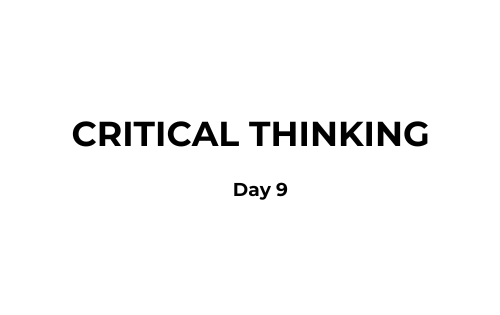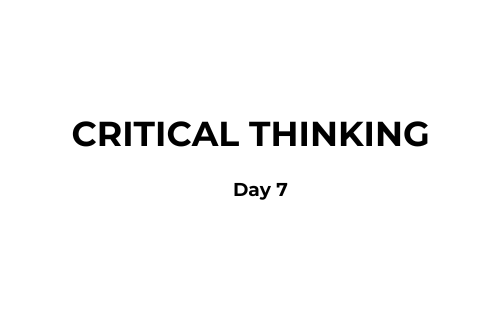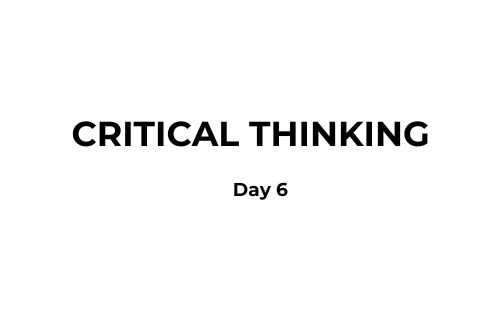Have you ever heard an argument that sounded convincing but didn’t quite make sense? That’s often because of logical fallacies – flaws in reasoning that can mislead people. Learning to spot them will make you a better thinker, debater, and decision-maker.
What Are Logical Fallacies?
Logical fallacies are mistakes in reasoning that make an argument weak, even if it sounds persuasive.
For example, someone might say:
“If we allow kids to eat candy, soon they’ll be eating junk food for every meal and getting sick all the time!”
That’s a Slippery Slope Fallacy—assuming one small step will lead to extreme consequences.
Common Logical Fallacies and How to Avoid Them
1. Ad Hominem (Attacking the Person Instead of the Argument)
Instead of addressing the argument, this fallacy attacks the person making it.
- ❌ “You’re wrong because you never went to college!”
- ✅ “Your argument about education policy is interesting. Let’s look at the actual data to support or refute it.”
2. Straw Man (Misrepresenting an Argument to Attack It More Easily)
This fallacy twists someone’s words to make their argument look bad.
- ❌ “You don’t like fast food? So you think we should all just eat salads forever?”
- ✅ “I understand you prefer home-cooked meals over fast food. Do you think there are any good fast food options?”
3. False Dilemma (Black-and-White Thinking, Ignoring Other Options)
This occurs when only two choices are presented, ignoring other possibilities.
- ❌ “You’re either with us or against us!”
- ✅ “There are many ways to approach this issue. Let’s explore different perspectives before making a decision.”
4. Slippery Slope (Assuming a Small Step Leads to Extreme Consequences)
This fallacy assumes one action will lead to an exaggerated worst-case scenario.
- ❌ “If we allow people to work from home, soon no one will ever come to the office!”
- ✅ “Some companies have remote work policies while others require office attendance. Let’s look at the pros and cons before making assumptions.”
5. Appeal to Authority (Trusting Someone Just Because of Their Status)
This happens when someone believes a claim simply because an authority figure supports it, without evidence.
- ❌ “A famous actor says this diet works, so it must be true!”
- ✅ “Let’s check if there are scientific studies supporting the effectiveness of this diet.”
6. Hasty Generalization (Drawing a Conclusion from Too Little Evidence)
This fallacy assumes something is true for everyone based on limited data.
- ❌ “I met two rude people from New York, so everyone there must be rude!”
- ✅ “Two people aren’t enough to judge an entire city. Let’s consider a larger sample size before making conclusions.”
Why Logical Fallacies Matter
Logical fallacies can mislead people, create unfair arguments, and result in poor decisions. Avoiding them helps you:
- Think More Clearly: You’ll base decisions on facts, not flawed reasoning.
- Win Arguments Fairly: Your points will be logical, not misleading.
- Avoid Being Fooled: You’ll recognize bad reasoning in news, politics, and conversations.
Homework
Today, try this challenge:
- Pay attention to conversations, social media, or news articles.
- See if you can spot any logical fallacies.
- Comment below with what you found! What kind of fallacy was used, and how would you correct it?
Let’s sharpen our thinking skills together!





